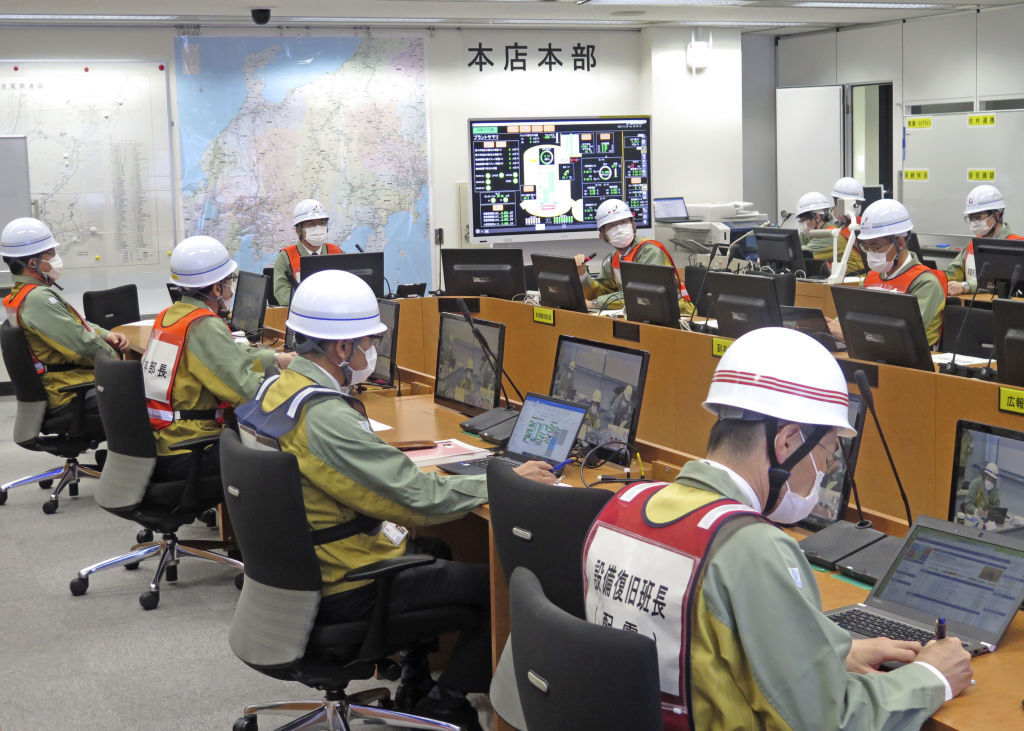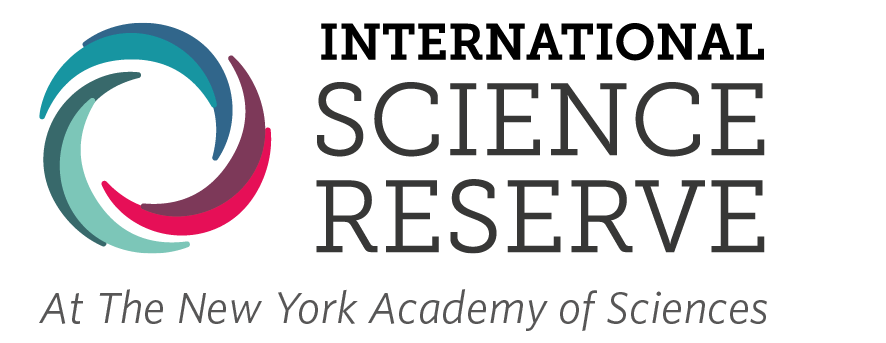Japan’s Earthquake Preparedness Culture: How Science Helps Minimize Disaster
Date: March 26, 2024 Location: Online

There is hardly a nation on Earth that experiences more earthquakes than Japan. The country’s response to a 7.6 magnitude earthquake on January 1, 2024, demonstrated that advance preparation and investment across government, research institutions, industry, and local communities are key to saving lives and preventing severe damage. What are disaster researchers learning from Japan’s culture of preparedness to better reduce risk in other regions and countries?
Japan was not always known for seismic preparedness. The country learned hard lessons in the aftermath of a 1995 earthquake that struck near Kobe, resulting in the deaths of more than 6,000 people and knock-on effects leaving 300,000 people homeless. In the years since, a shift towards preparation has played a key role in mitigating major disasters.
Global research networks can now collaborate and share information and data to learn from the mistakes of the past. Leaders can implement scientific and engineering solutions to reduce the fatal impact of high magnitude earthquakes, through investment in new construction methods, sensor development, or the deployment of advanced warning systems. We asked our panel to consider what solutions have been successful, and how these lessons can be applied across crisis preparedness efforts.
Panelists included:
- Kit Miyamoto, Global CEO & Humanitarian Coordinator, Miyamoto International
- Yuichi Ono, Deputy Director and Professor, International Research Institute of Disaster Science (IRIDeS), Tohoku University
- Sarah Minson, Research Geophysicist, U.S. Geological Survey Earthquake Hazards Program
- Maya Wei-Haas, Science Reporter (Moderator)
By watching this recorded panel discussion, you will:
- Learn about the role of science and engineering in the Japanese earthquake preparedness and response model;
- Hear about scientific contributions to preparation efforts in Japan and around the globe;
- Gain insights into different approaches – what has been effective and what has not;
- Learn how scientists and policymakers can work together to mitigate future disasters.


